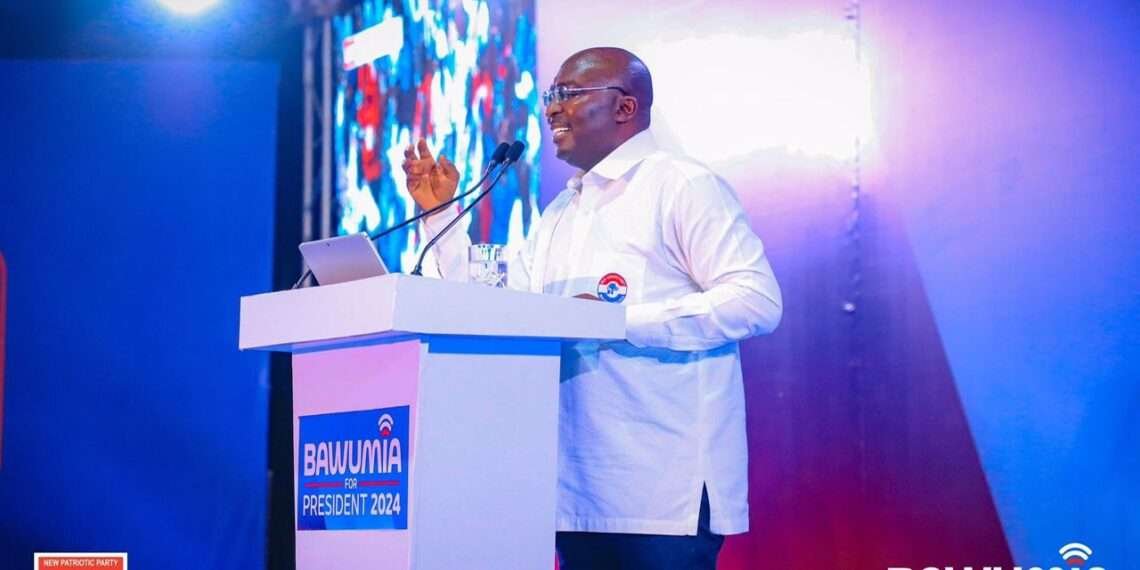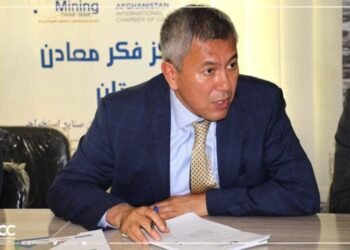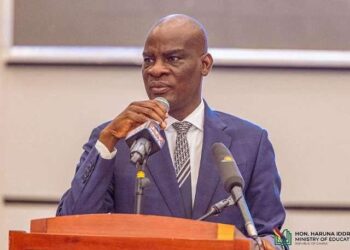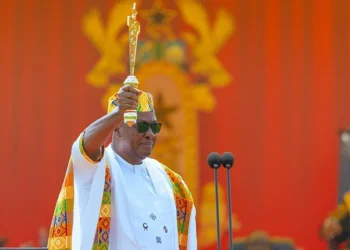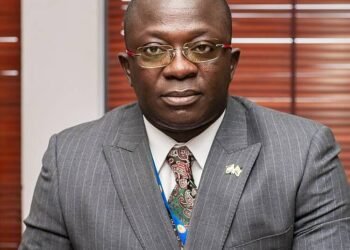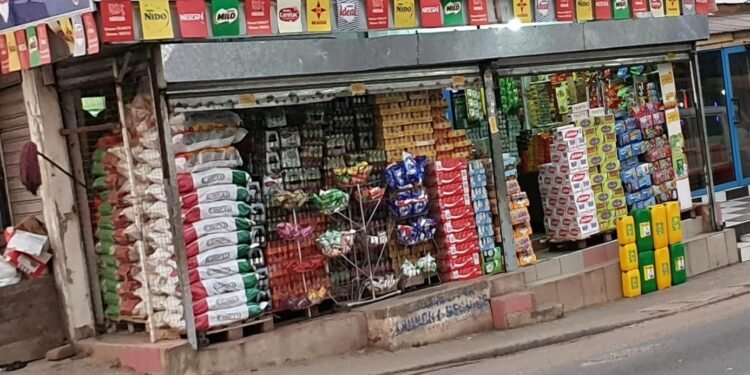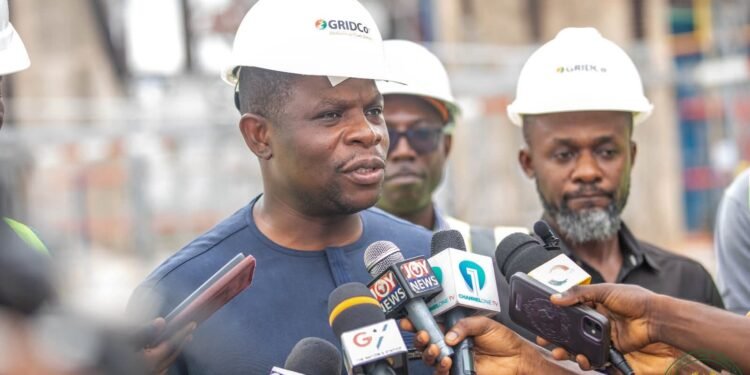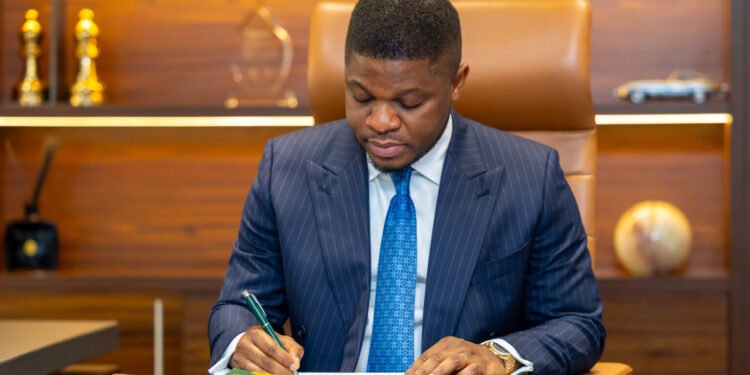In an impassioned appeal to the nation, Vice-President Dr. Mahamudu Bawumia has issued a stern rebuke against the growing trend of attacks on journalists by political party supporters, underscoring the severe threat these actions pose to Ghana’s democratic fabric.
Speaking during a media engagement in Accra, Dr. Bawumia did not mince words in his condemnation, urging all citizens to respect the essential role of the press in safeguarding democratic values.
“I don’t think anyone should attack a member of the press for doing their job. That will undermine democracy,” Dr. Bawumia stated emphatically. His words come at a time when concerns about the safety of journalists in Ghana have reached a critical point, with the Ghana Journalists Association (GJA) sounding alarms over the mistreatment and harassment of journalists, often at the hands of political figures.
In recent years, the safety of journalists in Ghana has become a matter of grave concern. The GJA’s decision to blacklist Members of Parliament Farouk Aliu Mahama (Yendi) and Hawa Koomson (Awutu Senya East) for their alleged involvement in incidents of journalist maltreatment is a clear indicator of the rising tension between the press and political actors.
These incidents are not isolated but are part of a worrying pattern where journalists find themselves increasingly under siege for simply doing their jobs.
The role of the media in any democracy is indispensable. Journalists serve as the eyes and ears of the public, holding power to account and ensuring transparency in governance. When their work is hindered by threats or violence, the very foundations of democracy are at risk.
Dr. Bawumia’s remarks highlight this critical issue, reminding the nation that protecting journalists is not just about safeguarding individuals but about preserving the democratic process itself.
Dr. Bawumia’s strong condemnation of attacks on journalists is more than just a political statement; it is a call to action for all Ghanaians.
In a democracy, the press is often referred to as the fourth estate, a crucial pillar that ensures the other branches of government remain accountable to the people. Any attempt to intimidate or silence journalists is, therefore, an attack on democracy itself.
Commitment to Media Freedom
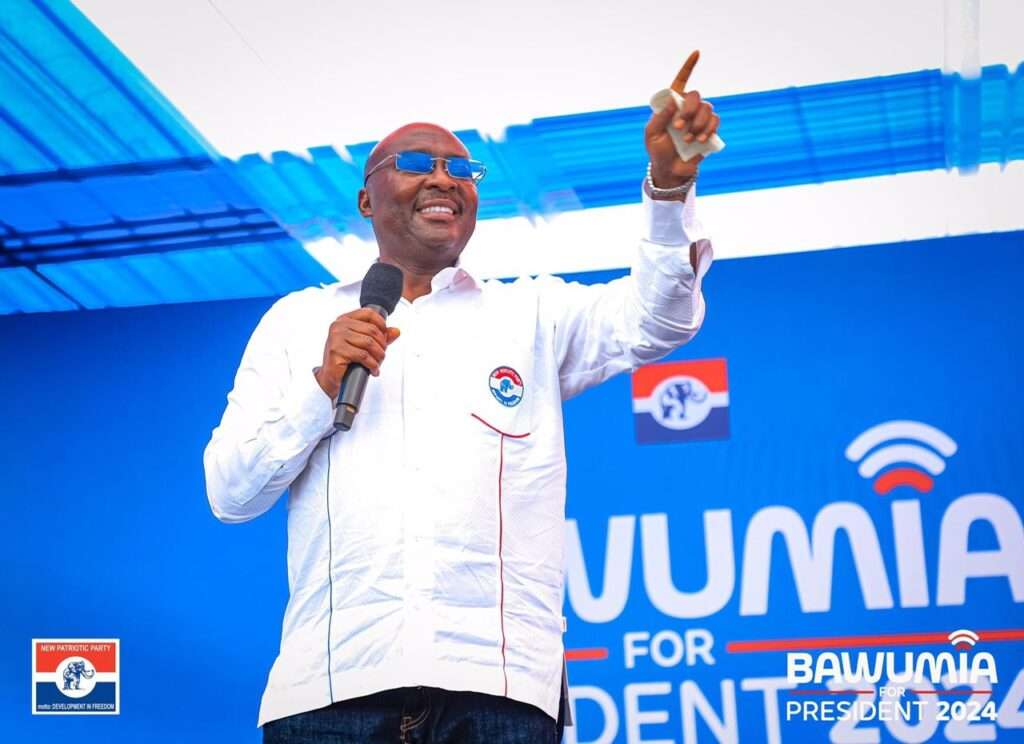
As the flagbearer of the New Patriotic Party (NPP), Dr. Bawumia’s stance on press freedom is particularly significant. During the interaction with journalists, he reiterated his commitment to maintaining a strong and collaborative relationship with the media, should the NPP secure victory in the 2024 general elections.
Dr. Bawumia praised the Ghanaian media for their vital role in national development and acknowledged their contribution to his political campaigns.
“The NPP sees the media as a crucial partner in national development,” Dr. Bawumia remarked, highlighting the party’s long-standing support for press freedom. He fondly recalled how, under former President J. A. Kufuor, the NPP government repealed the criminal libel law, a move that was instrumental in allowing the media to operate freely and without fear of retribution.
This historical reference served as a reminder of the strides Ghana has made in the past towards ensuring a free press, and Dr. Bawumia’s commitment suggests a continuation of this legacy.
Dr. Bawumia’s assurances that an NPP-led government would uphold and deepen media freedom signal a recognition of the media’s role not just as a watchdog, but as an essential partner in the democratic process.
The implications of such actions are far-reaching. When journalists are afraid to report the truth, corruption can flourish unchecked, and the public’s right to information is severely compromised. In the context of Ghana’s upcoming elections, the protection of journalists is even more critical. A free and fair electoral process relies heavily on the media’s ability to report accurately and without fear of reprisal.
Dr. Mahamudu Bawumia’s defense of press freedom is a timely and necessary intervention in a period of growing concern for the safety and independence of journalists in Ghana. His unequivocal stance serves as a reminder that the protection of the press is not just the responsibility of political leaders but of every citizen who values democracy.
As Ghana approaches its next general election, the nation must heed Dr. Bawumia’s call to safeguard the rights of journalists and, by extension, the integrity of its democratic institutions.
The vice-president’s words underscored a fundamental truth: a democracy cannot thrive where the press is not free. It is now up to the people of Ghana to ensure that this truth remains at the heart of their democratic journey.
READ ALSO: UK Government Warns of Tougher Economic Measures Ahead

